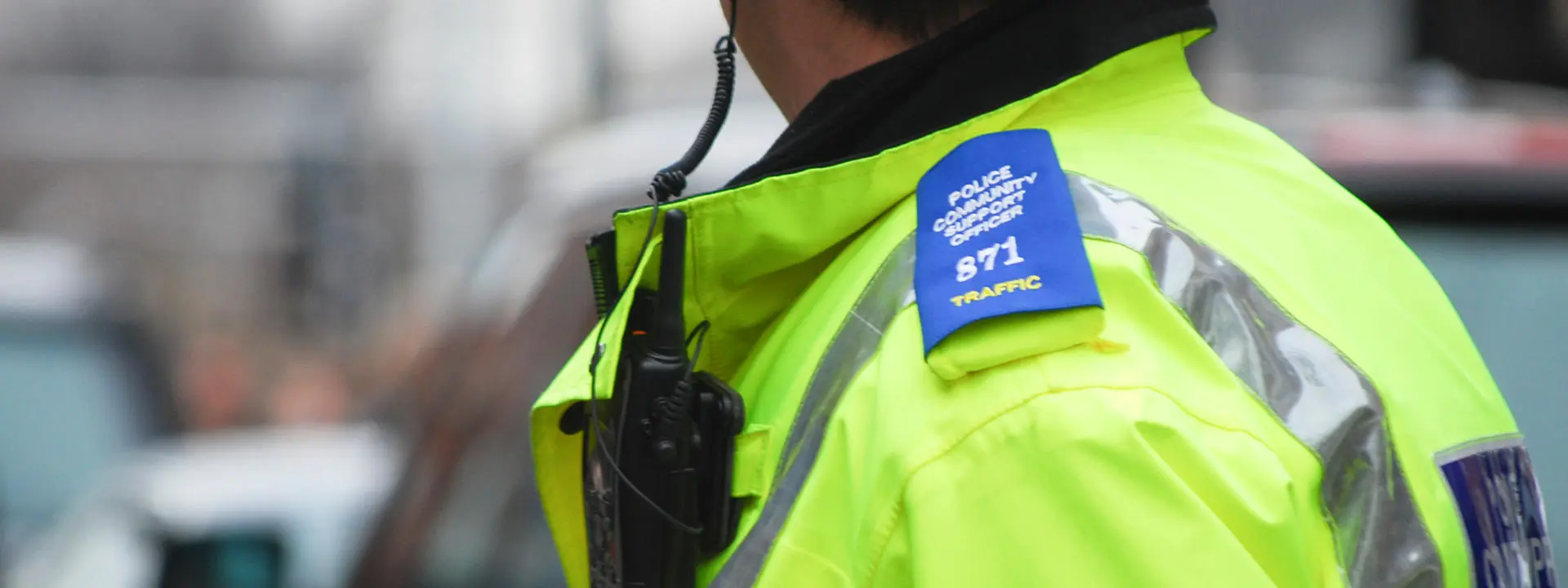Breaking the silence: improving justice access for deaf BSL users through research collaboration

Around 70,000 people in the UK use British Sign Language (BSL) as their first or preferred language. Yet for many, accessing public services—including the police and the wider criminal justice system—can be fraught with barriers. These challenges are even more pronounced when it comes to high-stakes, high-pressure situations, such as arrest, caution, or giving evidence in court.
Legislative efforts at national and EU level, including the 2010 EU Directive on Interpretation and Translation in Criminal Proceedings, the British Sign Language (Scotland) Act 2015, and the UK BSL Act, have placed new obligations on public bodies to improve access for BSL users. But translating these obligations into practical, everyday procedures requires specialist knowledge, inclusive design, and trust between communities and institutions.
When Police Scotland identified the need for a dedicated BSL translation of the Scottish common law caution—which differs from the standard English caution—it turned to Heriot-Watt University for help.
The solution
Professor Jemina Napier, a leading expert in intercultural communication at Heriot-Watt University, led the collaborative development of a BSL caution as part of the EU-funded Justisigns project. In 2015, Prof Napier and her team organised a masterclass that brought together police officers, BSL interpreters, and deaf community members to identify barriers and explore co-designed solutions.
This led to a structured workshop to develop a BSL translation of the Scottish caution, focusing on legal accuracy, accessibility, and cultural relevance. Crucially, the process included:
- Interdisciplinary collaboration, with input from language experts, deaf users, and frontline officers
- Legal-linguistic analysis of key caution terms
- Co-creation of resources to support both interpreters and police officers
This work formed part of the wider Justisigns programme, a partnership including Trinity College Dublin, the University of Leuven, the University of Applied Sciences for Special Needs Education in Zurich, the European Forum of Sign Language Interpreters (EFSLI), and the European Legal Interpreters and Translators Association (EULITA).
Impact and outcomes
The project resulted in:
- A video-based BSL translation of the Scottish police caution, available online for public, police, and interpreter reference
- A toolkit and factsheet for police officers, designed to enhance communication with deaf people and improve confidence in applying inclusive practices
- Enhanced training resources for interpreters and frontline staff
“Jemina and her team at Heriot-Watt brought with them specialist knowledge that we don’t have within the police service, along with the research skills necessary to look at data and best practice. The impact they helped to deliver has improved access to our services for members of the deaf-BSL community.”
– Constable Stephanie Rose, BSL Lead, Police Scotland
“One of my passions is making sure my research has an impact on society… This work has made a difference for interpreters, so they can provide a better service, and for police officers, so they know how best to support deaf people.”
– Professor Jemina Napier, Heriot-Watt University
Legacy and evolution
Building on the success of Justisigns, Heriot-Watt secured further European funding for Justisigns 2, expanding the work to address gender-based violence and support for deaf women. This included:
- A glossary of BSL terms related to domestic and sexual abuse
- Booklets, posters, and training materials for interpreters and police officers
- A specialist masterclass to enhance trauma-informed response strategies
- A long-term partnership with Police Scotland to embed best practice
“Receiving expert advice helped create a successful enhanced service within Police Scotland for deaf people and vulnerable BSL users. Justisigns 2 has the potential to save lives and in particular help deaf women access crucial support when they need it.”
– Constable Stephanie Rose
In 2022, Prof Napier was awarded an Ireland–Scotland Bilateral Network Grant from the Royal Society of Edinburgh and the Royal Irish Academy to further this work in rural communities through the “Silent Harm” project—empowering deaf women surviving domestic abuse in post-Covid contexts.
This case study demonstrates how Heriot-Watt’s research leadership, interdisciplinary partnerships, and commitment to inclusive communication are transforming public service delivery, creating safer, more accessible systems for underrepresented communities. Through Justisigns and ongoing work, Heriot-Watt continues to break down barriers and promote justice through equity, innovation, and lived experience.